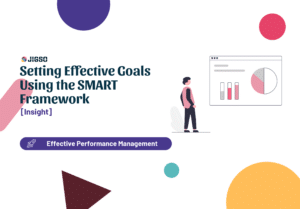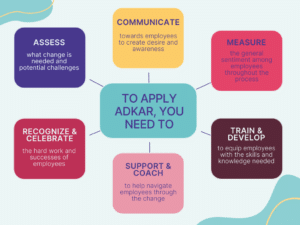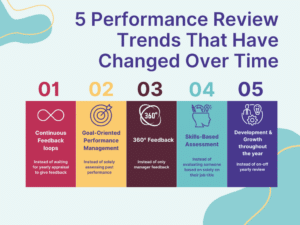Continuous Performance Management: A Guide to Conducting Effective Assessments
The need for regular performance reviews and check-ins is high if you want to promote a working environment that endorses psychological safety and personal development. These assessments play a vital role in nurturing employee growth, enhancing productivity, and aligning individual efforts with your organization’s values. Unfortunately, despite their significance, performance reviews are often viewed with dread or neglected altogether. In this blog post, we’ll delve into the importance of continuous feedback and provide some tips on how to conduct performance reviews effectively.
Why is continuous performance management so important?
- Frequent Feedback
Performance reviews offer a structured opportunity for managers to provide constructive feedback to employees. This continuous feedback loop helps identifying strengths, addressing weaknesses, and setting actionable goals for improvement. - Recognition motivates
Recognizing employees’ achievements boosts morale and motivation. Regular performance reviews allow managers to acknowledge successes and celebrate milestones, reinforcing continued positive behavior. - Goal Alignment
By reviewing performance against predetermined goals and objectives, performance reviews help align your employee with your company values. It enhances efficiency and helps employees understand how their efforts contribute to the overall success of the company. - Professional Development
Performance reviews serve as a platform for discussing career goals, skill development opportunities, and training needs. By identifying areas for growth and providing resources for advancement, you can nurture talent and retain top performers. - Communication and Transparency
Effective performance reviews promote open communication between managers and employees, fostering trust and transparency within your organization. Through honest discussions about performance, expectations, and challenges, both parties gain valuable insights and build stronger working relationships.
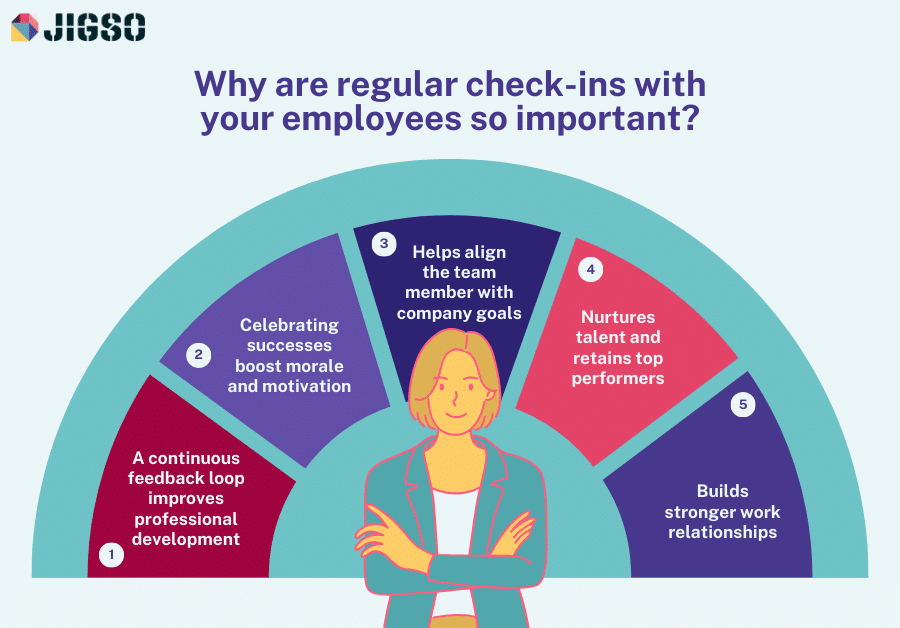
What should you think about when conducting performance reviews?
- Preparation
Before the review, gather relevant data, including performance metrics, project outcomes, and 360 feedback from peers or clients. Set aside sufficient time to review the employee’s performance thoroughly. - Create a Positive Atmosphere
Begin the review on a positive note, highlighting the employee’s successes and contributions. Create a supportive environment where the employee feels comfortable discussing their performance openly. - Provide Constructive Feedback
Offer specific examples of both strengths and areas for improvement. Focus on behaviors and outcomes rather than personal characteristics. Use the “sandwich” approach, sandwiching constructive criticism between positive feedback to maintain a balanced perspective. - Set SMART Goals
Collaboratively establish clear, achievable goals that are Specific, Measurable, Attainable, Relevant, and Time-bound (SMART). Ensure that these goals align with the employee’s role, career aspirations, and organizational objectives. - Encourage Two-Way Communication
Actively listen to the employee’s perspective, concerns, and ideas. Encourage them to share their insights on their performance, career development, and any challenges they may be facing. Engage in a dialogue to foster mutual understanding and trust. - Provide Development Opportunities
Identify opportunities for skill development, training, or mentorship based on the employee’s goals and areas for growth. Offer resources and support to help them enhance their capabilities and reach their full potential. - Document the Discussion
Document key points discussed during the performance review, including goals, action plans, and agreements reached. Maintain clear and accurate records for future reference and follow-up.
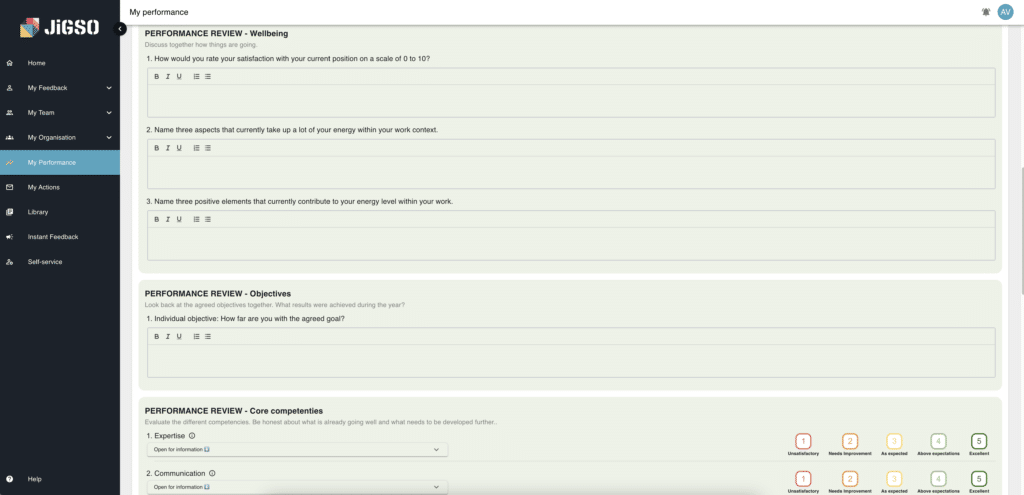
8. Follow-Up and Accountability
Schedule regular check-ins to monitor progress, provide ongoing feedback, and adjust goals as needed. Hold both parties accountable for their commitments and ensure that there is follow-through on action plans.
9. Celebrate Achievements
Recognize and celebrate milestones and achievements throughout the performance period. Acknowledge the employee’s efforts and accomplishments to reinforce positive behavior and foster a culture of appreciation.
If you need help with planning and documenting performance reviews for your entire organization, the JiGSO platform can help you with that. This employee experience platform offers an online solution to conduct performance reviews. These can be customized to your organization’s needs and values.
Conclusion
Regular performance reviews are not just administrative tasks; they are essential tools for driving employee engagement, development, and organizational success. By conducting performance reviews effectively, organizations can empower their employees, foster continuous improvement, and cultivate a culture of excellence. Embrace the opportunity to provide feedback, set goals, and support your team members on their journey towards success.

